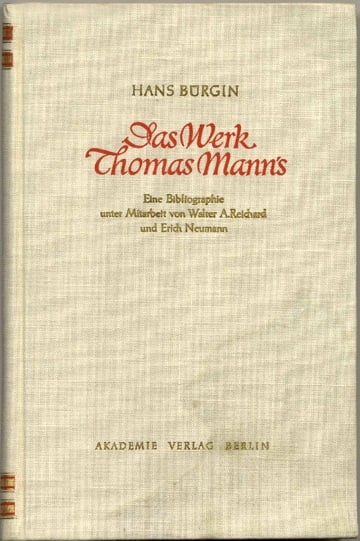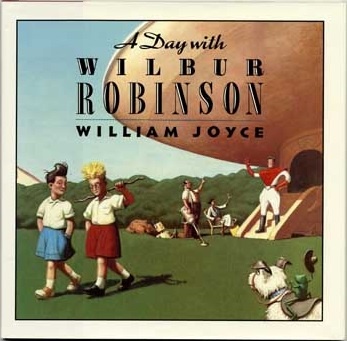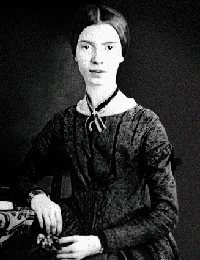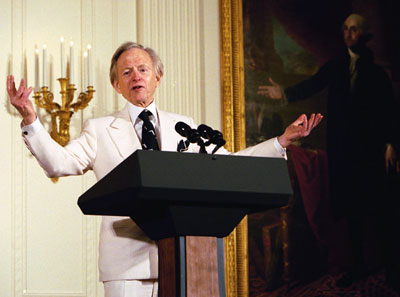Are you familiar with the works of Charles Reznikoff? If you haven’t already encountered Reznikoff’s books of poetry, including Testimony (1965) and Holocaust (1975), we’d recommend visiting a bookstore and seeking out these texts as soon as possible. And because Black Sparrow Press recently reissued a number of Reznikoff’s poetry books, it’s easier than ever to obtain one of these books for your personal collection.
us toll free: 1-800-948-5563 international: +1 (843) 849-0283 UK: +44 (0) 1334 260018

















